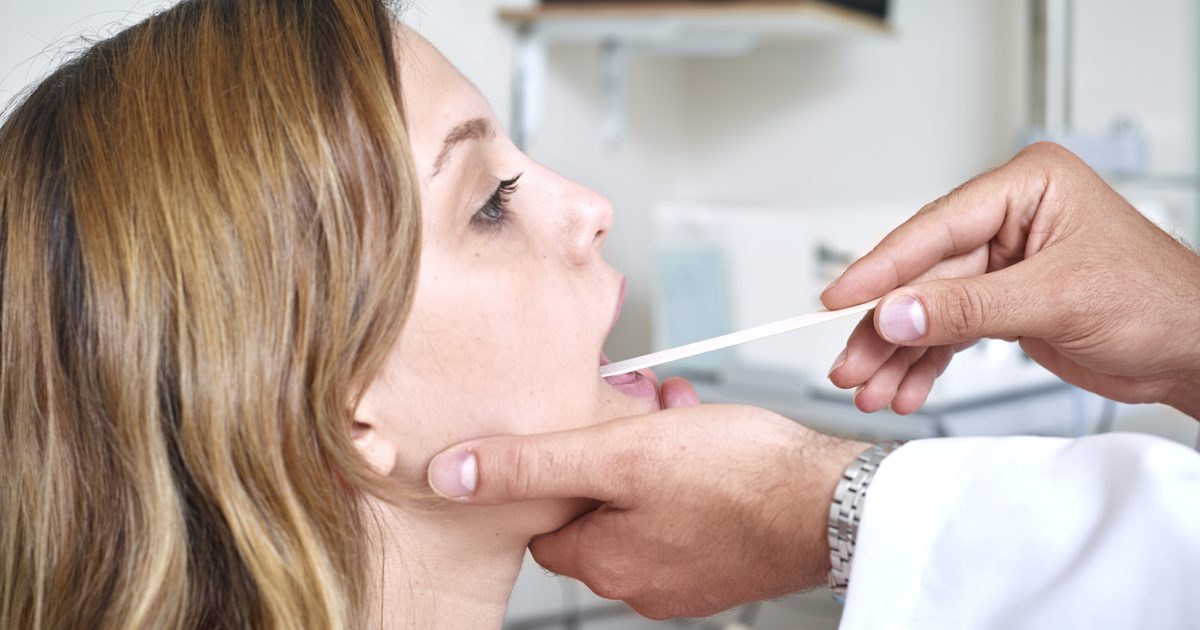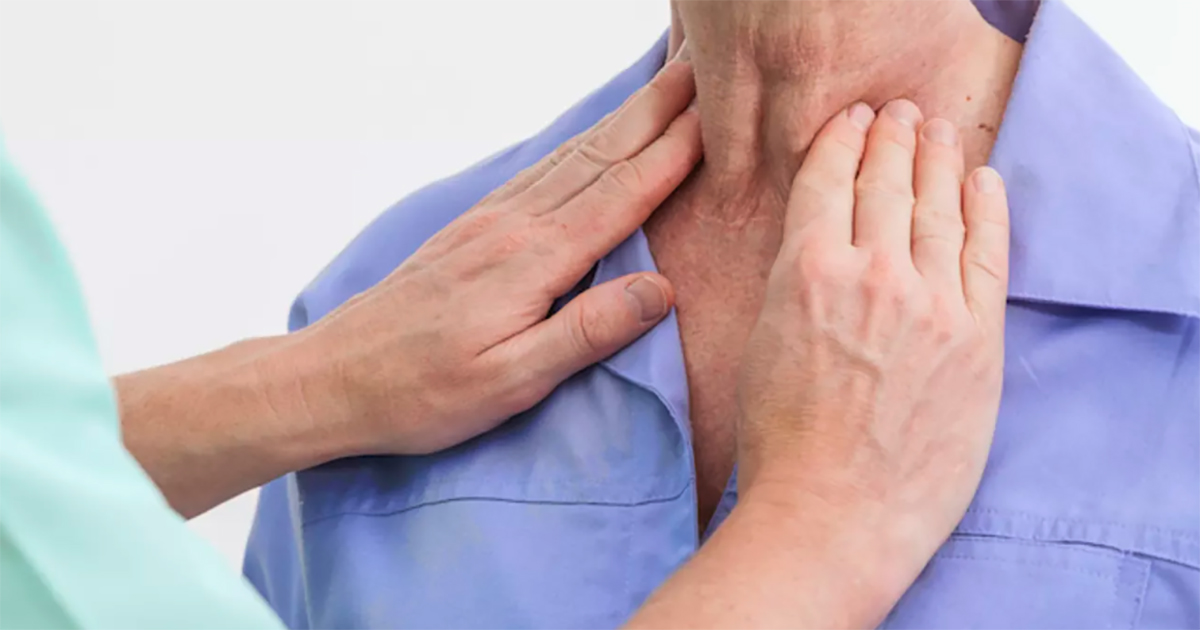Extremely Serious Effects From Not Treating GERD
For the majority of individuals, heartburn is nothing more than an occasional annoyance. However, it can also be a symptom of a more serious condition known as gastroesophageal reflux disease (GERD). GERD is characterized by stomach acid flowing back up into the esophagus. This acid reflux can irritate the esophagus and cause painful symptoms, including a burning feeling in the chest (particularly after eating), which is known as heartburn. Gastroesophageal reflux disease is known to cause mild heartburn and acid reflux at least twice a week or severe instances a minimum of once a week.
The good news is GERD can be treated quite effectively. However, if this condition is left untreated, it can lead to quite a few significant health complications. Get the details on these now.
Esophagitis
Individuals suffering from gastroesophageal reflux disease have to deal with things such as food, acid, and digestive fluids travel back into their esophagus. Over time, if actions are not taken to alleviate this, this can lead to an uncomfortable irritation and swelling in the esophagus known as esophagitis. When an individual's body has acid exposure in their esophagus for an extended period (even just a couple of weeks), they can develop inflammation in the lining, which can be incredibly uncomfortable and even painful. It can also allow the esophagus to become more prone to further detrimental erosion and scarring.
Keep reading to learn more about the complications associated with untreated gastroesophageal reflux disease now.
Esophageal Stricture

An individual affected by gastroesophageal reflux disease may develop an esophageal stricture when it is left untreated. A GERD patient experiences problems with the functionality of the flap of tissue referred to as the lower esophageal sphincter. The lower esophageal sphincter is responsible for keeping the contents of the stomach from moving back up into the esophagus. The esophageal lining does not have the same protective mucous layer the stomach tissues have, leaving these tissues more vulnerable to cellular damage when coming in contact with stomach acid. When the tissues of the esophagus become damaged, the patient's body repairs them with scar tissue, which is not as flexible as the tissue it is replacing in the esophagus and does not perform the same functions. This scar tissue can accumulate in the esophagus as more damage occurs over time. This buildup of scar tissue causes an esophageal stricture, a narrow spot in the patient's esophagus that causes problems with their ability to swallow.
Read more about the complications of untreated GERD now.
